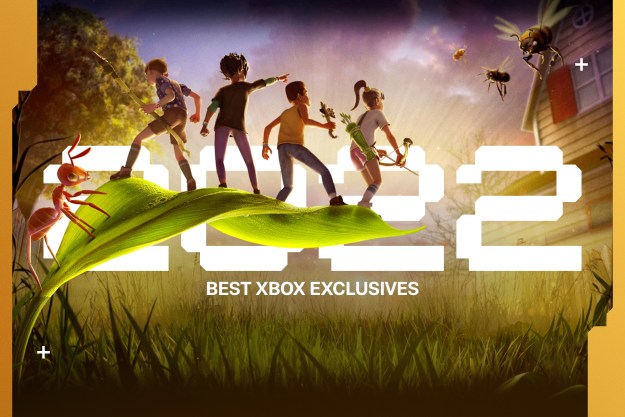The U.S. Patent and Trademark Office published a patent application filed by Microsoft that describes a method of cheat detection for games on a platform level using machine learning. The idea is to bring cheat detection outside the game itself given platforms like Xbox Live and PlayStation Network can’t detect any wrongdoings within the game. To do this, Microsoft proposes using artificial intelligence.
“A platform that hosts third-party games may not be able to detect cheating that occurs in third-party games, even where achievements in third-party games are managed at the platform level,” the patent states. “When the third-party game notifies the game platform of the improperly awarded achievement, the game platform may award the player an item in response to the achievement, thereby rewarding the cheating behavior.”
According to Microsoft, artificial intelligence would be trained to track interactions between games and gaming platforms such as Xbox Live. These “interactions” would include notifications of achievements, game scores reported to the platform, and/or a player rank achieved on the platform based upon game activities. If something abnormal is spotted, the data would be analyzed for possible cheating behaviors.
The problem is that the player data would be huge, thus recognizing cheating patterns within all that data would be easier for artificial intelligence to handle than manual techniques used by humans — and quicker, too. To create a cheating detection system on any given gaming network, it needs to start with a goals management module that provides the player with rewards based on their completed goals.
“The goals management module confirms that the player’s information meets the relevant policy, and then updates the goals information in the user accounts database to show that the goal has been met (and to award any items for meeting the goal),” the patent states. “Goals information also may contain information regarding the meeting of goals in other platform activities.”
Joining the goals management module would be a cheating detection module. Games would provide this module with information regarding gameplay and the progress of the player. Two classifying functions within this model, both trained by machine learning, would examine the patterns provided by the game to determine if the player’s account should be flagged for cheating. In other words, artificial intelligence will compare the gamer’s activities with data comprised of non-cheating gameplay to see if there’s a deviation worth flagging.
If the cheating detection module suspects foul play, the player’s account is then sent over to the enforcement module. Actions taken against the player may be based on his/her history: A first offense may be manually dealt by a human using a slight scolding in an email. A repeat offender may automatically be suspended or permanently banned from the network.
Microsoft filed its patent, “Detecting Cheating in Games with Machine Learning,” in May 2017. The U.S. Patent and Trademark Office published the application on Thursday, June 28.
Editors' Recommendations
- Xbox’s first stream of 2024 will include Bethesda’s Indiana Jones game
- Microsoft is making AI game-writing tools for Xbox with Inworld AI
- Final Xbox Live Gold games include a free hidden gem worth downloading
- Microsoft beat the FTC. Here’s what the controversial court ruling means for Xbox
- Microsoft wins FTC case, removing Xbox’s biggest Activision Blizzard acquisition hurdle


